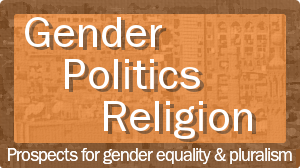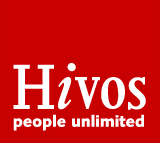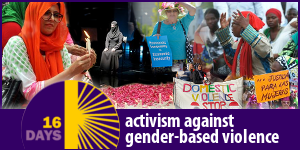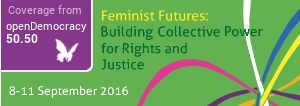Related series
Women and the 'Arab Spring'
Women's Movement Building
debates and strategies
Voices for change in the UK
Structures of Sexism
 The politics of gender and contestations of patriarchy lie at the heart of our search for inclusive, pluralistic and equitable forms of governance. What types of alliances and coalitions across genders, generations and ideological persuasions can further these aims? How do these relate to new forms of mobilisation at the local and global levels?
The politics of gender and contestations of patriarchy lie at the heart of our search for inclusive, pluralistic and equitable forms of governance. What types of alliances and coalitions across genders, generations and ideological persuasions can further these aims? How do these relate to new forms of mobilisation at the local and global levels?
 With thanks to Hivos for supporting this dialogue.
With thanks to Hivos for supporting this dialogue.
- 1 of 16
- ››












































.jpg)